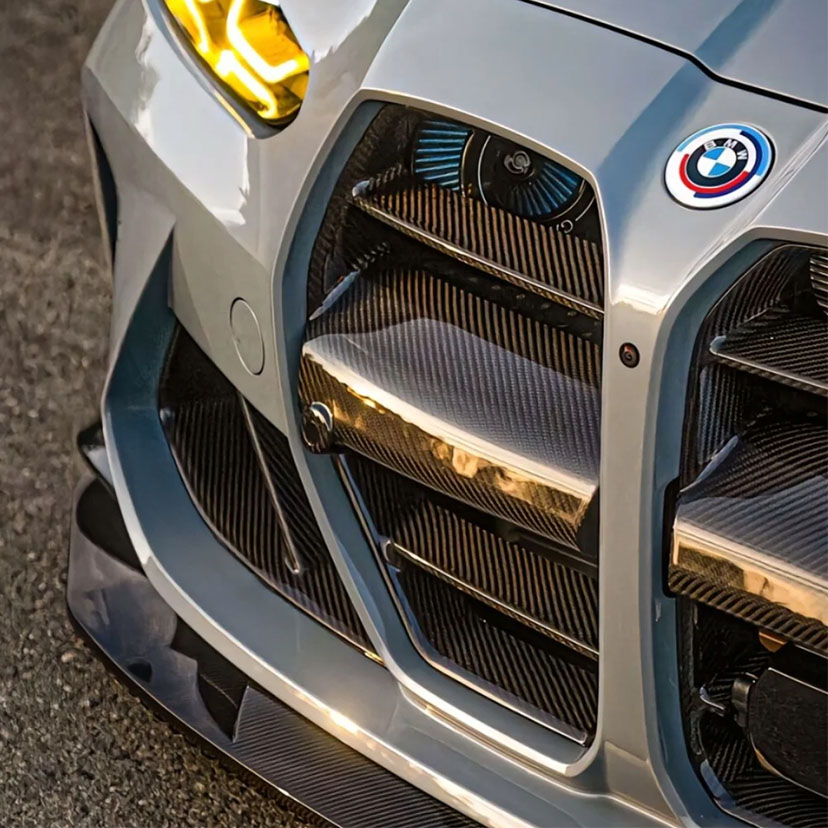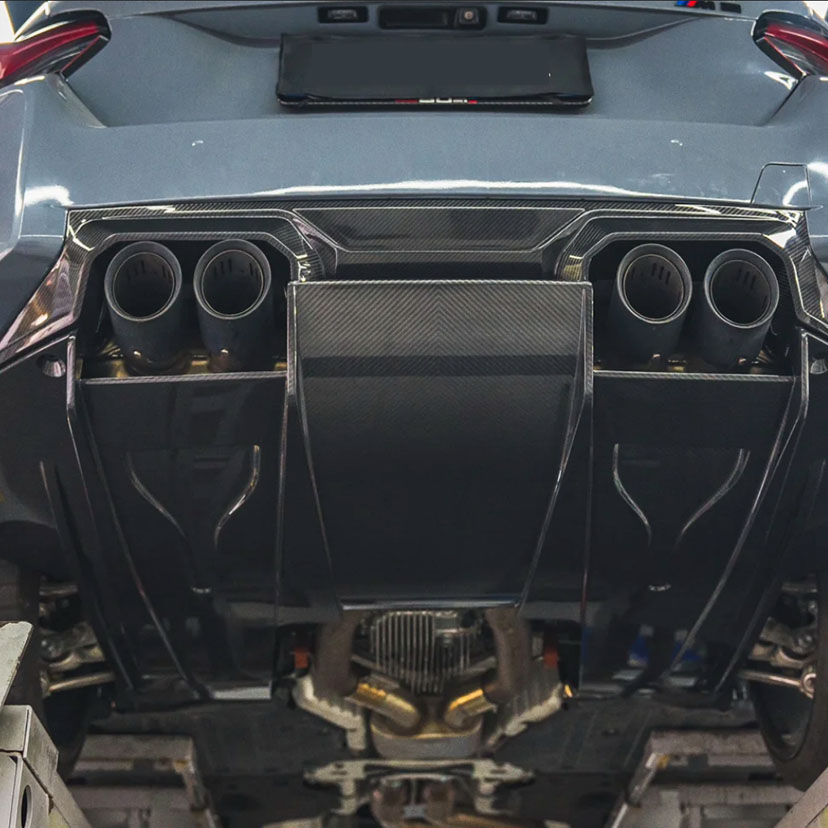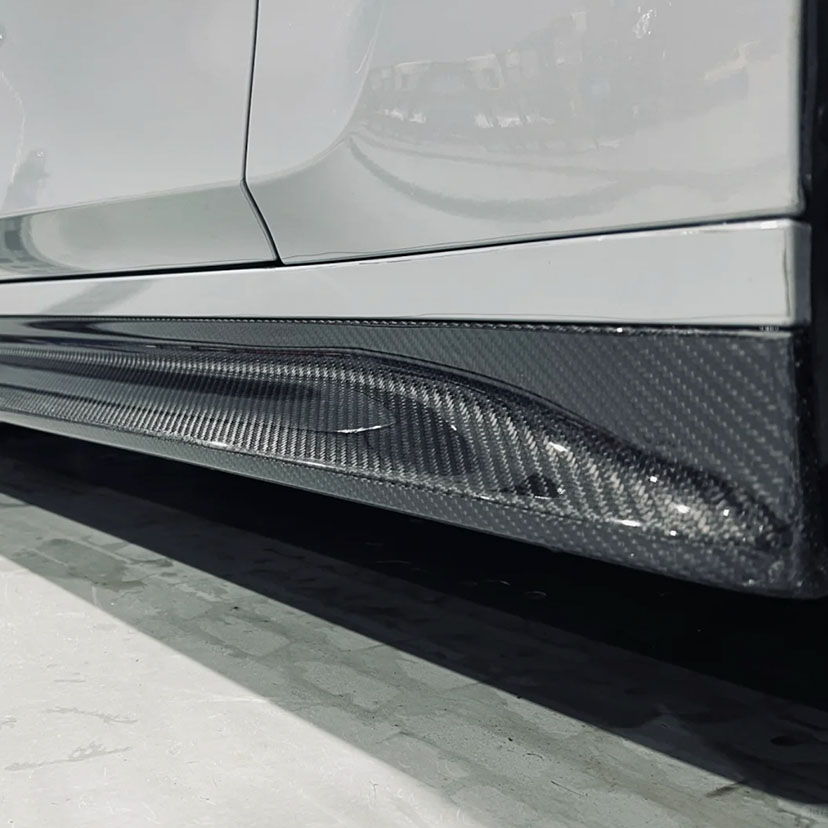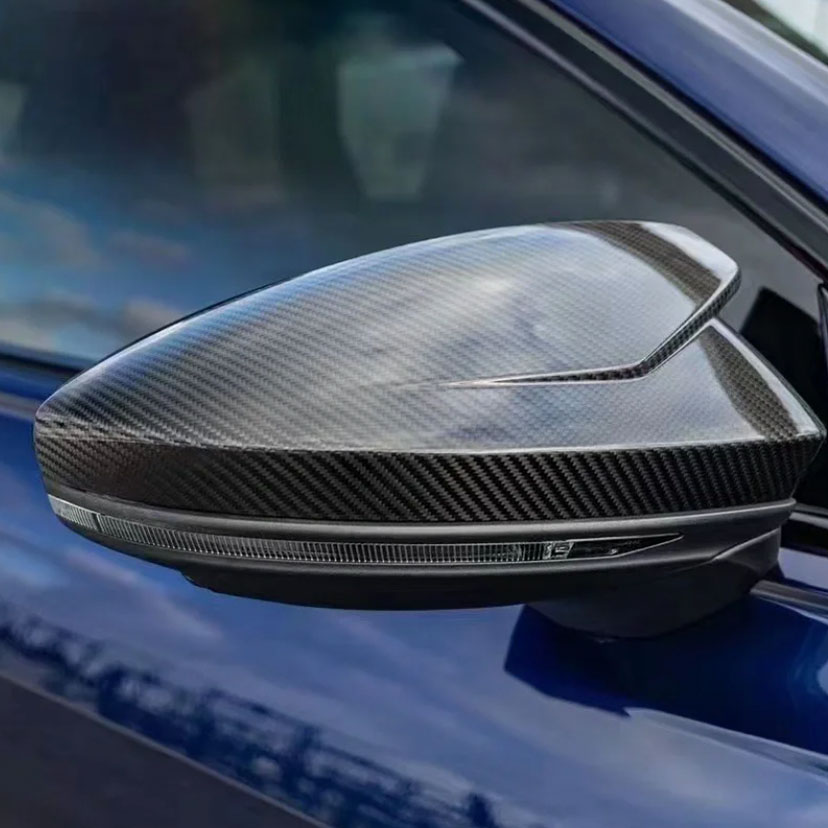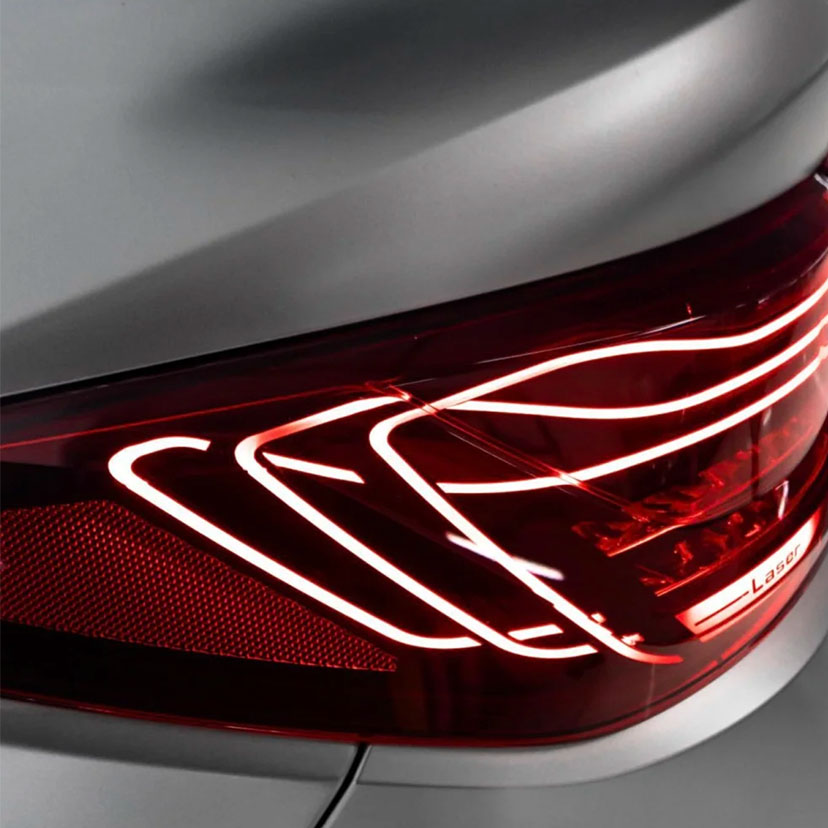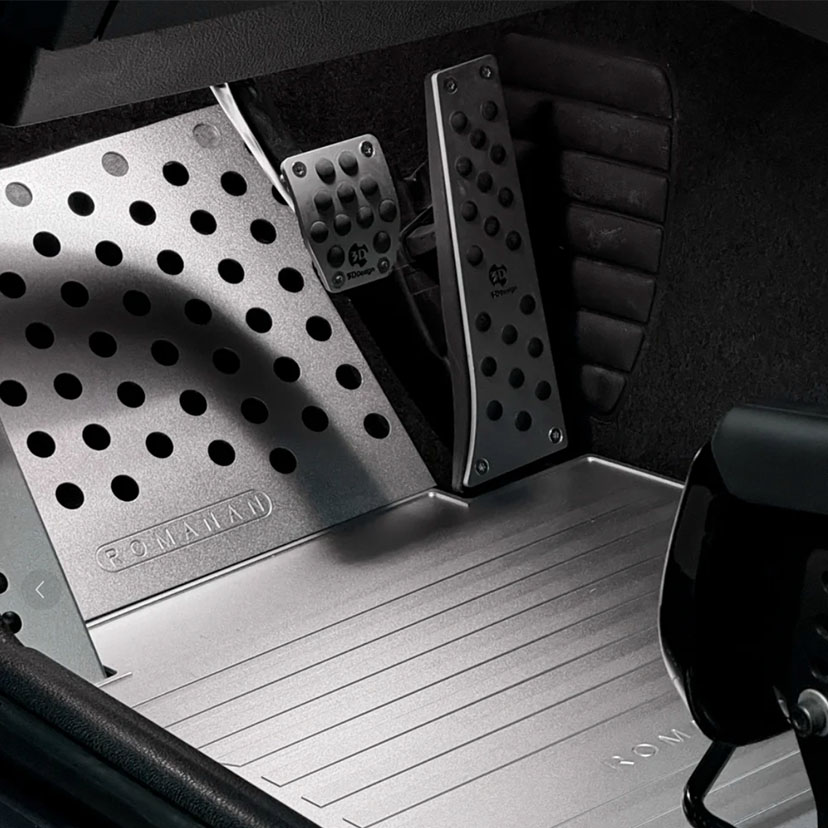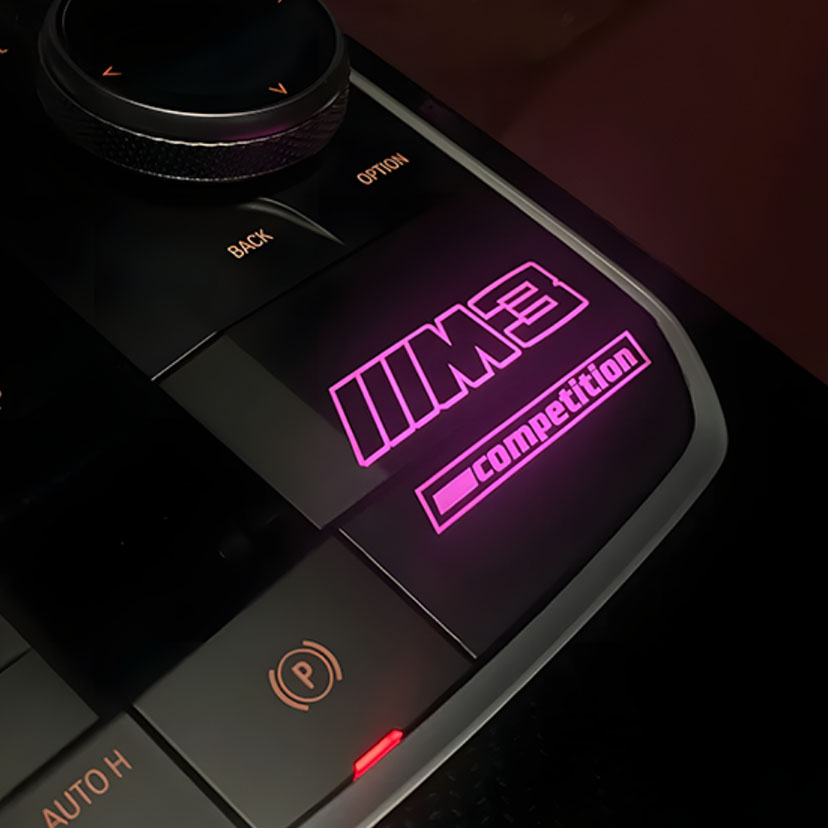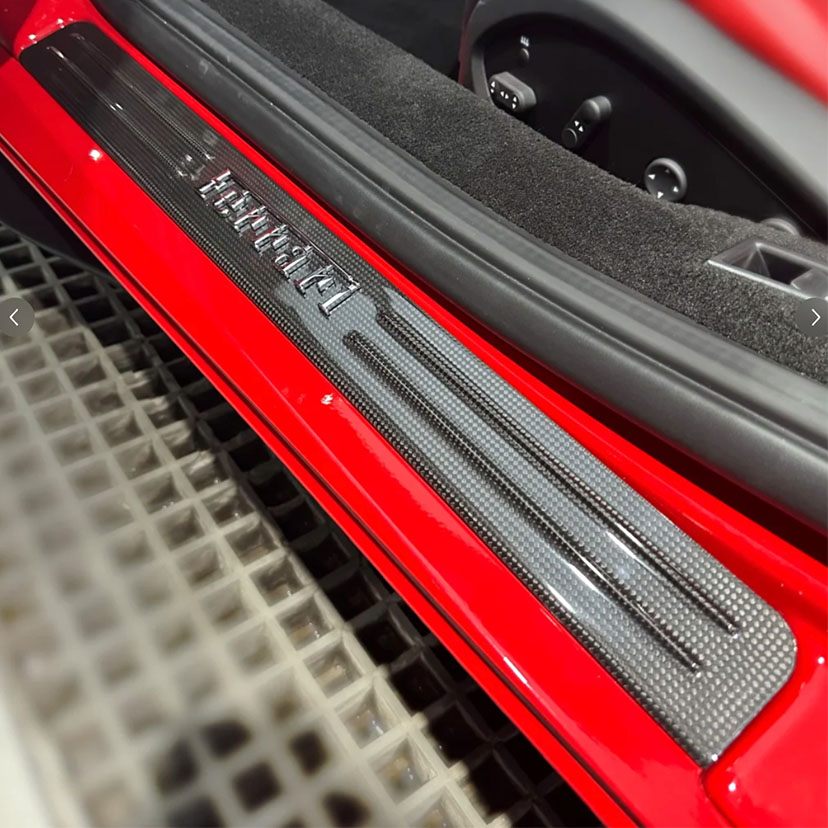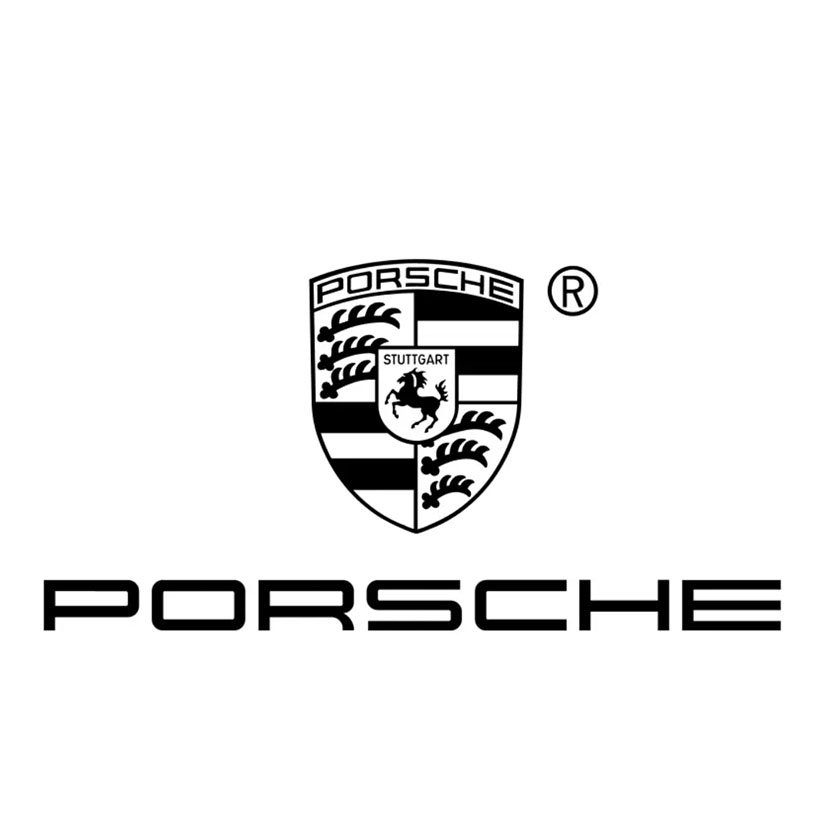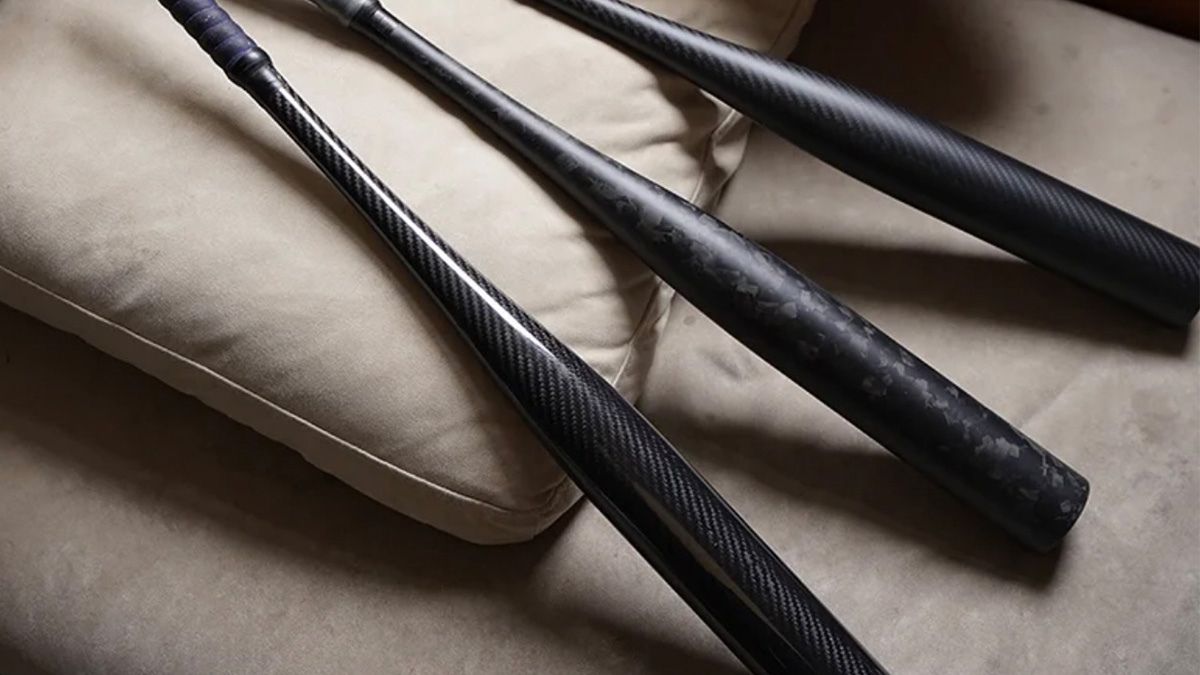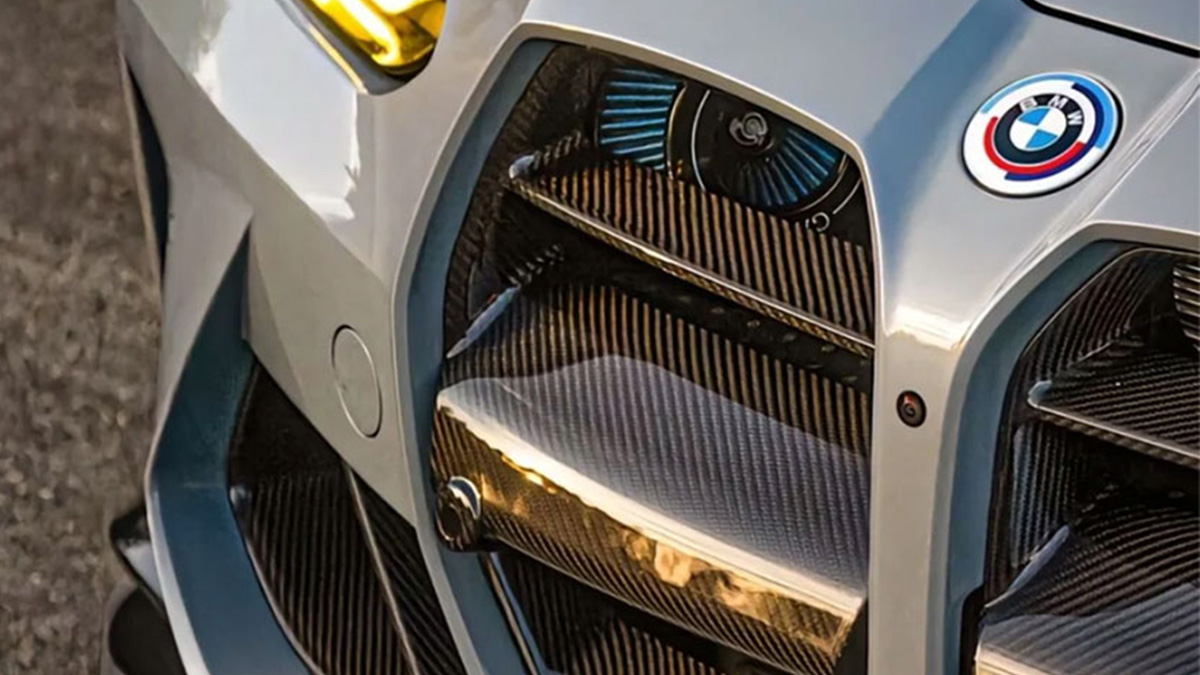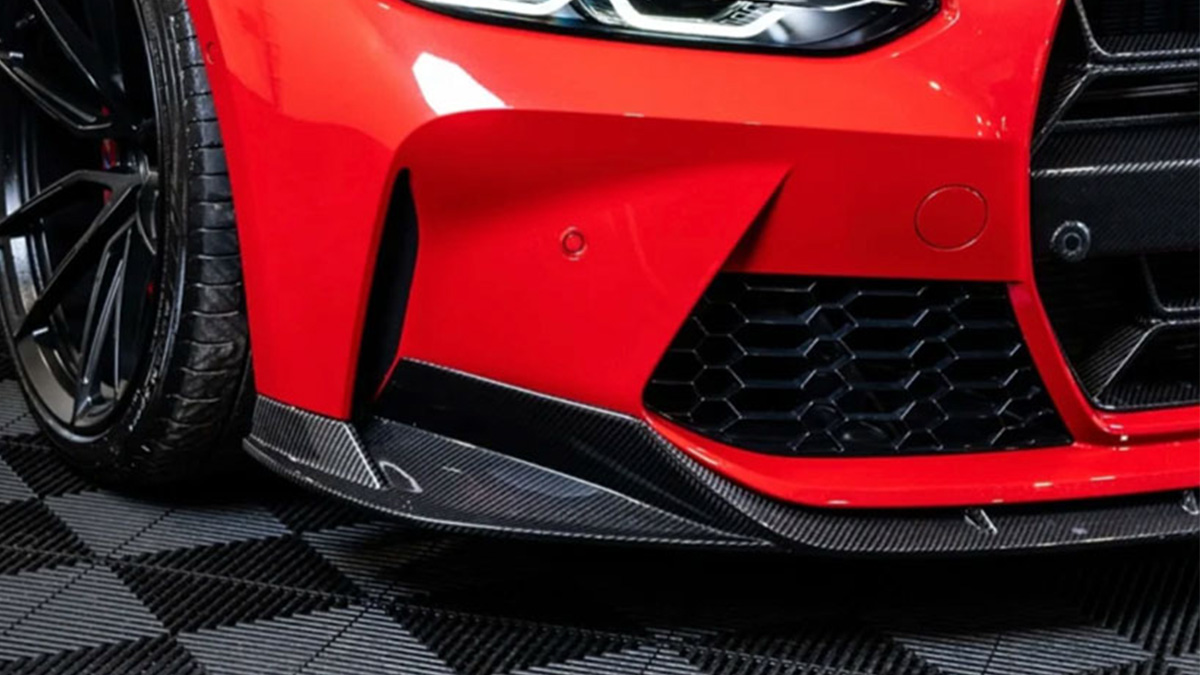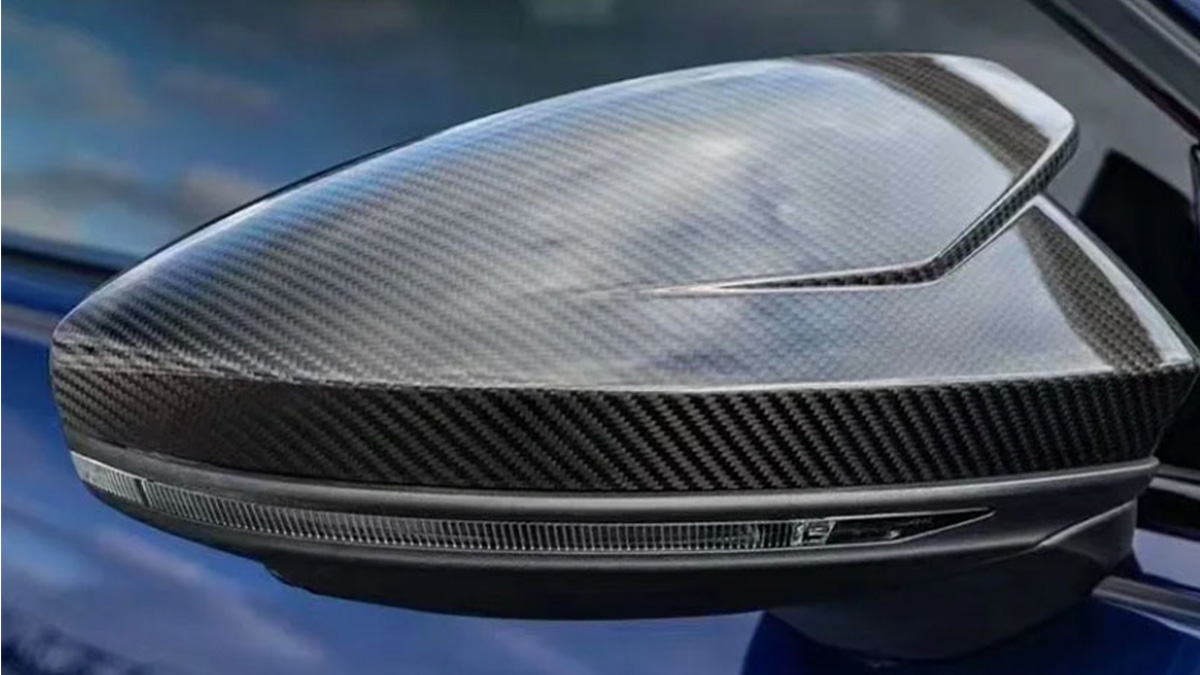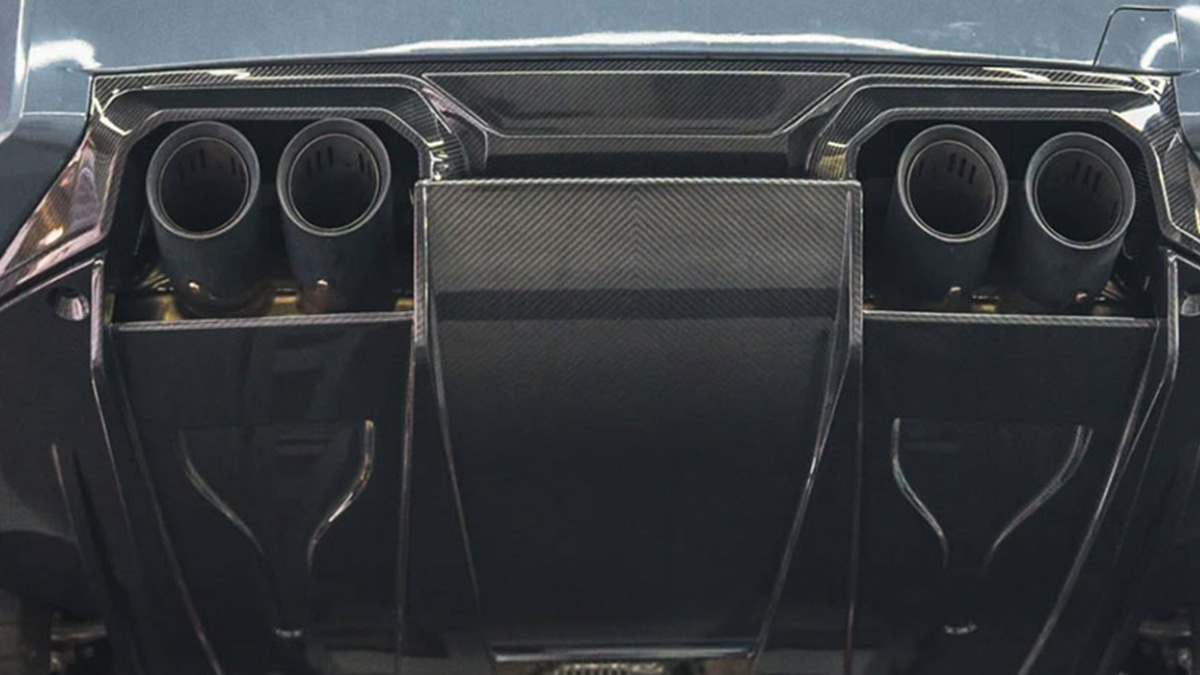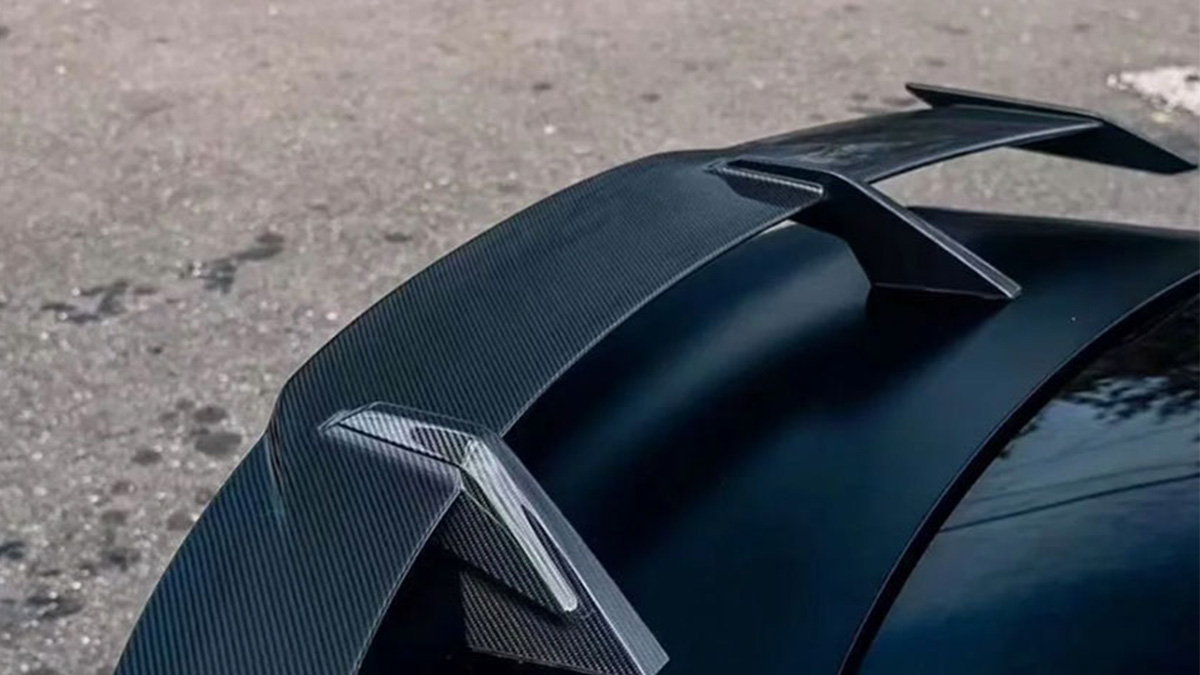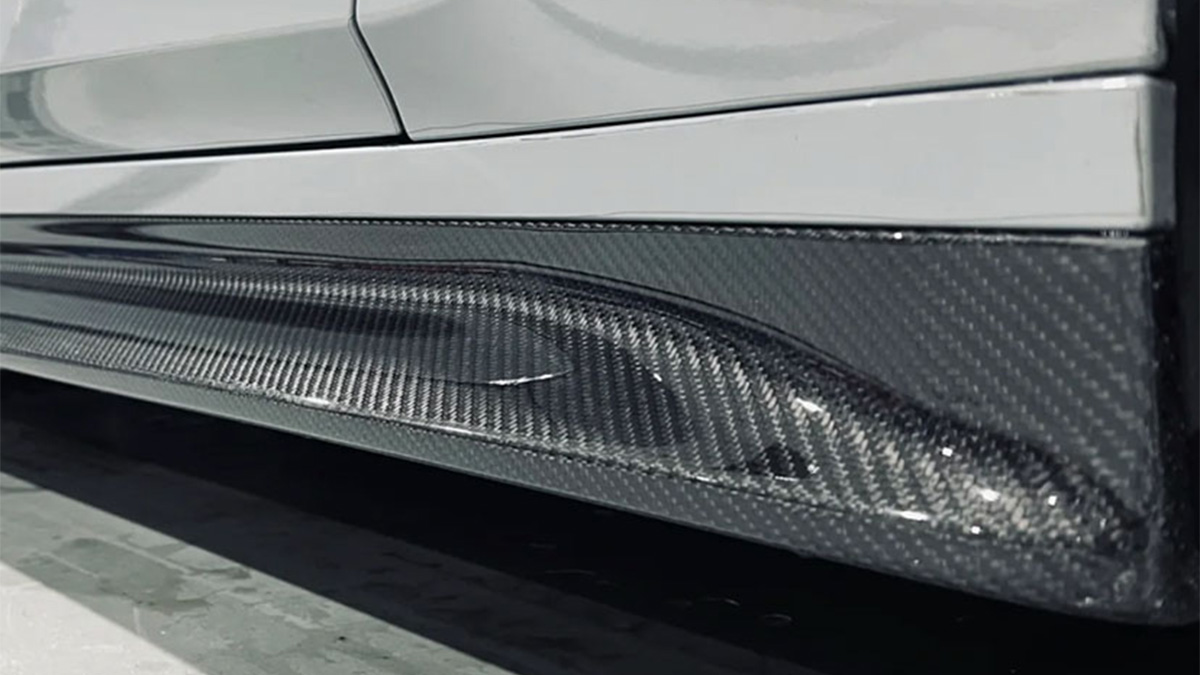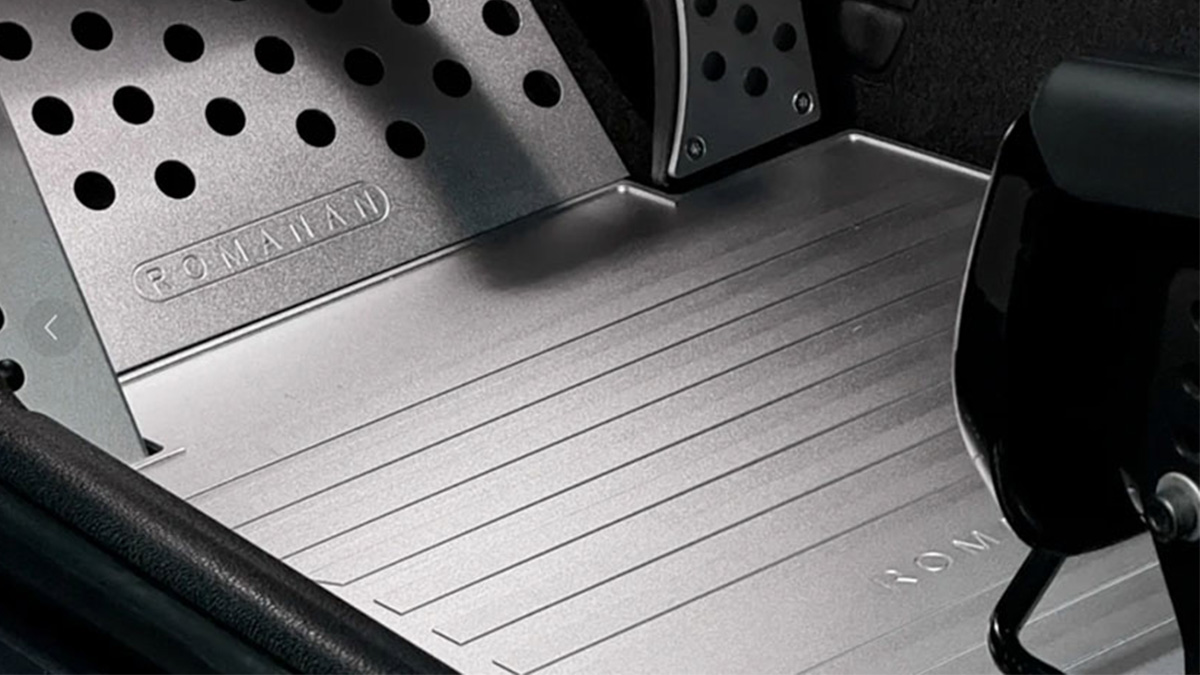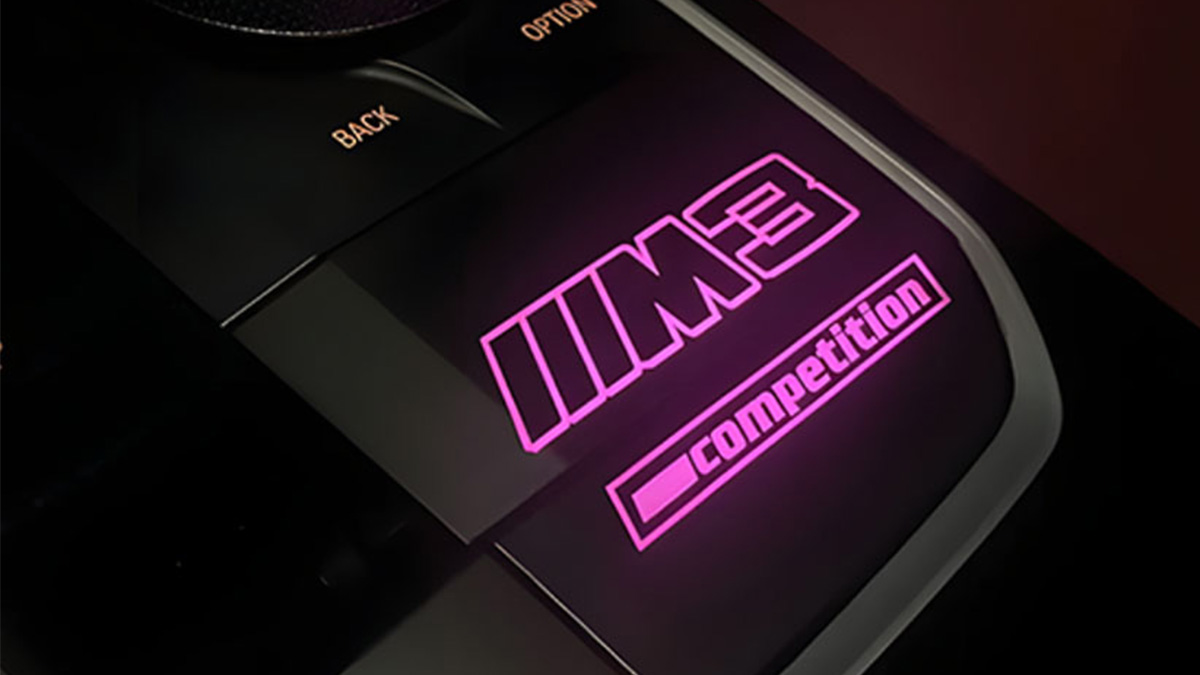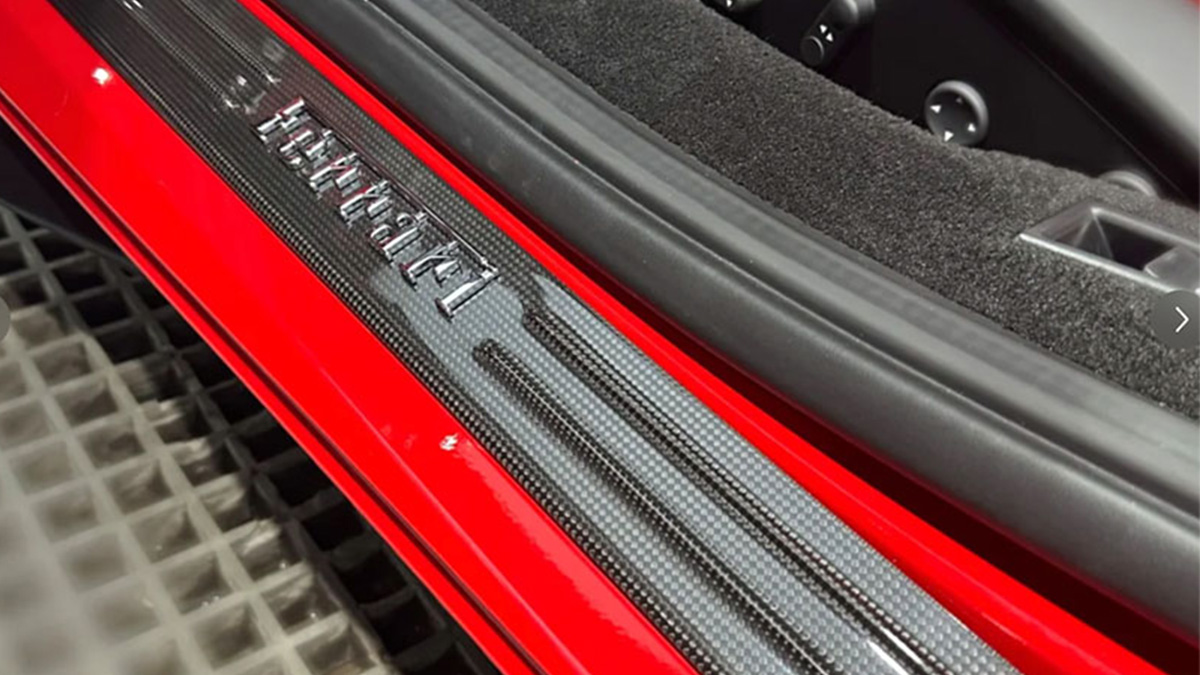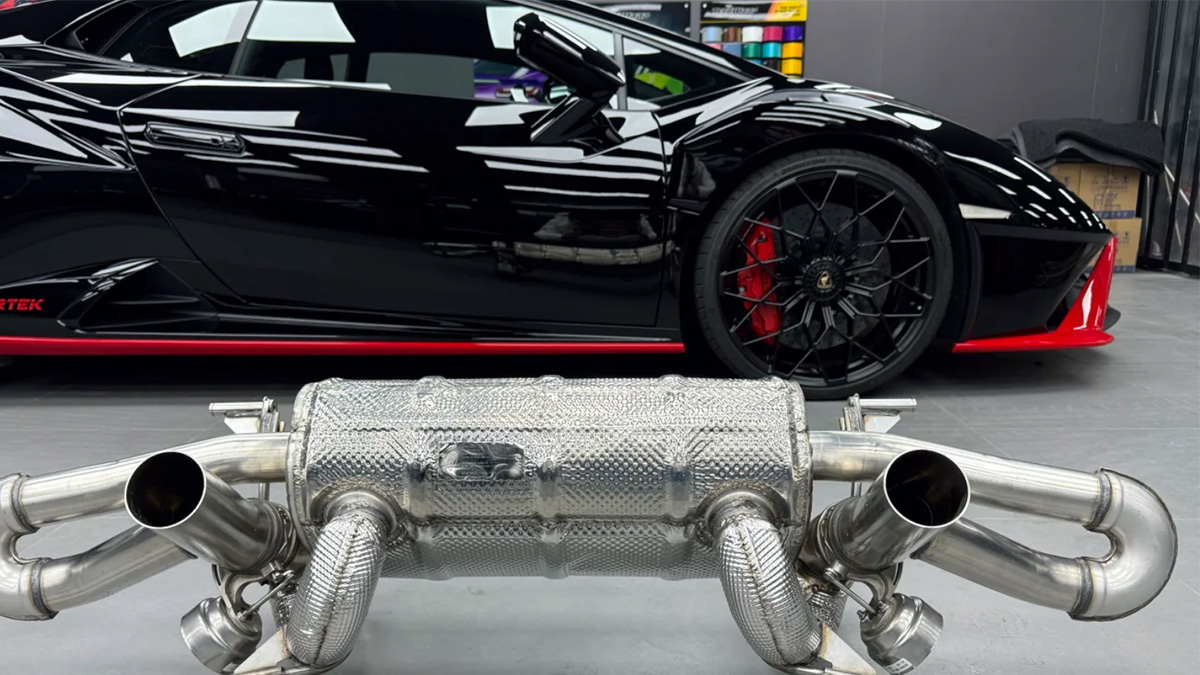What is Car Detailing and Why It Matters

Car detailing, or car deatil, is more than just cleaning your vehicle. It involves a comprehensive process of restoring and protecting both the interior and exterior of your car. Regular car deatil helps prevent issues like rust, scratches, and fading paint, which can diminish your car’s aesthetic appeal and functionality over time. Vehicles that undergo proper car deatil maintain higher resale values. For instance, detailing a car before selling can boost its trade-in value by an average of 10%, potentially adding up to $1,700 to its resale price. By investing in car deatil, you safeguard your car’s surfaces and ensure it remains in excellent condition.
Key Takeaways
Car detailing is more than cleaning; it fixes and protects your car.
Regular detailing can raise your car’s resale value by 10%.
It shields your car’s paint and surfaces from weather damage.
You can hire a pro for ease or do it yourself to save money.
Detail your car every few months to keep it looking and working well.
What is Car Detailing?
Definition and Scope
Car detailing is a meticulous process that goes beyond a simple car wash. It involves cleaning, enhancing, and protecting your vehicle to restore its original condition or even improve it. This process addresses every detail, from the exterior paint to the interior upholstery, ensuring your car looks and feels like new. Unlike regular cleaning, detailing focuses on preserving the vehicle’s value and appearance over time.
The scope of car detailing includes three main components:
Cleaning: Removing dirt, grime, and contaminants from every surface.
Enhancement: Polishing and restoring surfaces to their original shine.
Protection: Applying waxes, sealants, or coatings to shield the car from environmental damage.
By investing in standard car detailing, you ensure your vehicle remains in top condition, whether for daily use or resale purposes.
Key Differences Between Car Detailing and Car Washing
You might wonder, “What is car detailing, and how is it different from a car wash?” While both aim to clean your vehicle, the level of care and attention sets them apart. A car wash typically removes surface dirt and may include basic vacuuming. In contrast, detailing is a comprehensive process that addresses imperfections and restores your car to showroom quality.
Here’s a quick comparison:
Feature | Car Wash | Car Detailing |
|---|---|---|
Time Required | 15-45 minutes | 2-8 hours |
Cost | $5-$30 | $100-$500+ |
Detailing involves specialized tools and techniques. For example, it pays close attention to areas like windows, tires, rims, and door hinges—places often overlooked during a car wash. It also uses specific products to clean delicate surfaces like leather or touch screens without causing damage. This personalized approach ensures every inch of your car receives the care it deserves.
Many people mistakenly believe that using dish soap or skipping proper techniques like the Two-Bucket Method is sufficient for cleaning. However, these practices can harm your car’s paint and surfaces. Detailing avoids such pitfalls by employing professional-grade methods and products.
Understanding the types of car detailing and their benefits can help you make informed decisions about maintaining your vehicle. Whether you choose professional services or DIY, detailing ensures your car stays in excellent condition for years to come.
Processes Involved in Car Detailing

Car detailing involves several meticulous steps to restore and protect your vehicle. Each step ensures your car looks and performs its best. Let’s explore the detailing process in detail.
Exterior Car Detail
Washing and Drying
The first step in exterior detailing is cleaning the wheels and tires. Removing dirt and grime from these areas prevents long-term damage. Next, you clean the car’s body using specialized products and techniques like the Two-Bucket Method. After washing, you dry the vehicle with microfiber towels to avoid water spots.
Claying and Polishing
Claying removes contaminants embedded in the paint, such as tar or industrial fallout. This step ensures a smooth surface. Polishing follows, which restores the paint’s shine by eliminating minor scratches and swirl marks.
Waxing and Sealing
Waxing uses natural waxes like carnauba to enhance the paint’s finish. Sealants, made from synthetic materials, provide a longer-lasting protective layer. While wax improves the car’s appearance, sealants offer superior durability.
Interior Car Detail
Vacuuming and Deep Cleaning
Start by gathering trash and debris. Vacuum the seats, carpets, and floor mats thoroughly. Deep cleaning methods, such as shampooing carpets and conditioning leather upholstery, ensure a spotless interior.
Upholstery and Carpet Care
Treat fabric seats and carpets with specialized cleaners to remove stains and odors. For leather seats, polish and condition them to maintain their texture and prevent cracking.
Dashboard and Surface Treatment
Dust and disinfect the dashboard, steering wheel, and other surfaces. Use non-toxic products to clean touch screens and mirrors without causing damage.
Additional Car Detail Services
Engine Bay Cleaning
Degreasing and cleaning the engine bay not only improves its appearance but also helps identify potential issues. Protect the engine bay surfaces with appropriate products to prevent corrosion.
Headlight Restoration
Restoring headlights removes oxidation and light scratches. This process increases visibility and safety while maintaining your car’s value.
💡 Tip: Opt for eco-friendly detailing products to reduce environmental impact. These products protect wildlife and improve air quality by avoiding harmful chemicals.
Benefits of Car Detailing

Maintains Appearance
Regular detailing keeps your car looking its best. Dirt, grime, and environmental contaminants can dull your car’s finish over time. Detailing removes these elements, restoring the shine and vibrancy of your vehicle. Cleaning and conditioning the interior also prevent materials like leather and vinyl from cracking or fading. This attention to detail ensures your car maintains its aesthetic appeal for years.
By addressing dirt accumulation early, you protect your car from long-term damage. For example, detailing prevents rust and scratches that can harm the exterior. It also enhances the overall functionality of your vehicle. A clean, well-maintained car not only looks great but also feels more enjoyable to drive.
Protects Paint and Surfaces
Paint protection is one of the most significant benefits of detailing. The exterior of your car faces constant exposure to harsh elements like UV rays, rain, and road debris. Over time, these factors can cause paint to fade, chip, or oxidize. Detailing includes processes like waxing and sealing, which create a protective barrier on your car’s surface. This barrier shields the paint from environmental damage, preserving its color and finish.
Interior surfaces also benefit from detailing. Cleaning and treating dashboards, seats, and carpets prevent wear and tear. For instance, conditioning leather seats keeps them soft and prevents cracking. These protective measures ensure your car’s surfaces remain in excellent condition, extending their lifespan.
Increases Resale Value
Detailing plays a crucial role in maintaining your car’s resale value. A well-detailed car looks more appealing to potential buyers. Regular detailing prevents issues like rust, scratches, and fading paint, which can lower your car’s value. By keeping the interior spotless and the exterior polished, you make a strong impression on buyers.
Additionally, detailing protects your car’s functionality. Clean headlights, a polished engine bay, and a fresh interior show that you’ve taken good care of your vehicle. These factors can increase your car’s trade-in value by up to 10%. Investing in detailing ensures you get the best return when it’s time to sell.
💡 Tip: Schedule regular detailing sessions to maintain your car’s appearance and protect its value over time.
Extends Vehicle Lifespan
Car detailing plays a vital role in extending your vehicle’s lifespan. Regular detailing protects your car from wear and tear caused by environmental factors. Dirt, grime, and road salt can accumulate on your car’s exterior, leading to rust and corrosion. By removing these contaminants, detailing prevents long-term damage to your car’s body and paint.
The interior of your car also benefits from detailing. Dust, spills, and debris can cause upholstery and carpets to deteriorate over time. Deep cleaning and conditioning keep these materials in excellent condition. For instance, treating leather seats prevents cracking and fading, ensuring they last longer. A clean interior also reduces allergens, creating a healthier environment for you and your passengers.
Detailing goes beyond cleaning. It includes protective measures like waxing and sealing, which shield your car’s paint from harmful UV rays and moisture. These protective layers reduce the risk of fading and oxidation, preserving your car’s appearance. Engine bay cleaning, another aspect of detailing, helps maintain your car’s performance. Removing grease and dirt from the engine bay allows you to spot potential issues early, preventing costly repairs.
By investing in car detailing, you ensure your vehicle remains in top condition for years. Regular detailing not only enhances your car’s appearance but also protects its functionality. A well-maintained car runs more efficiently and retains its value over time. Whether you choose professional services or DIY methods, detailing is a smart way to prolong your car’s life.
💡 Tip: Schedule detailing sessions every few months to keep your car in peak condition and avoid expensive repairs down the road.
Professional Detailing vs. DIY Detailing
Professional Car Detailing
Advantages and Costs
Professional car detailing offers several benefits that make it a preferred choice for many vehicle owners. Professionals provide comprehensive services, including steam cleaning, paint correction, and protective coatings. They also use advanced techniques and high-quality products tailored to your car’s specific needs. Many professional services come with a quality guarantee, giving you peace of mind.
Advantage | Description |
|---|---|
Comprehensive Services | Professional detailing offers a thorough approach to vehicle care, including steam cleaning and protective layers. |
Access to Advanced Techniques | Professionals use high-quality products and methods tailored to the vehicle’s specific needs. |
Guarantee of Quality | Many professionals provide warranties, ensuring peace of mind and recourse for any issues post-service. |
The cost of professional detailing varies by region. For example, in the United States, the average price is $160.16, with costs ranging from $114.59 to $213.67. In Oregon, prices can go as high as $296, while Hawaii offers services starting at $55.50.
Region | Average Price | Low End Price | High End Price |
|---|---|---|---|
United States | $160.16 | $114.59 | $213.67 |
Oregon | $258 | $186.67 | $296 |
Hawaii | $90.50 | $55.50 | $270 |
DIY Car Detailing
Tools and Products Needed
DIY detailing can save you money and give you control over the process. To get started, you need the right tools and products:
Microfiber towels for a lint-free cleaning experience.
Soft-bristled brushes for delicate areas.
Reliable vacuum cleaner for hard-to-reach spots.
Clay bar for removing embedded contaminants.
pH-neutral car wash soap for safe cleaning.
High-quality glass cleaner for visibility.
Dedicated wheel cleaner for brake dust removal.
Wax or sealant for protection against contaminants.
Using these tools ensures effective cleaning and protection for your car. However, avoid common mistakes like using dish soap, skipping lubrication with clay bars, or neglecting to apply wax after washing.
Choosing the Right Option
Factors to Consider
When deciding between professional and DIY detailing, consider your budget, time, and expertise. Professional services save time and provide expert care, completing the job in 3 to 5 hours. DIY detailing takes longer, often 4 to 10 hours, depending on your experience. While professional services cost $150 to $300 per session, DIY supplies range from $50 to $150, making it more cost-effective in the long run.
If you value convenience and guaranteed results, professional detailing is the better choice. However, if you enjoy hands-on work and want to save money, DIY detailing might suit you better.
Car detailing is essential for keeping your vehicle in excellent condition. It goes beyond a simple wash, using specialized tools and products to achieve a showroom-like finish. Professional detailing enhances your car’s appearance, reflecting positively on you as the owner. It also protects the exterior from harmful elements, preserving its integrity over time. A well-maintained car holds its value better, reducing depreciation. Additionally, thorough interior cleaning improves air quality and makes driving more comfortable. Whether you choose professional services or DIY methods, detailing ensures your car remains a source of pride and reliability.
💡 Tip: Regular detailing not only protects your car but also enhances your driving experience.




